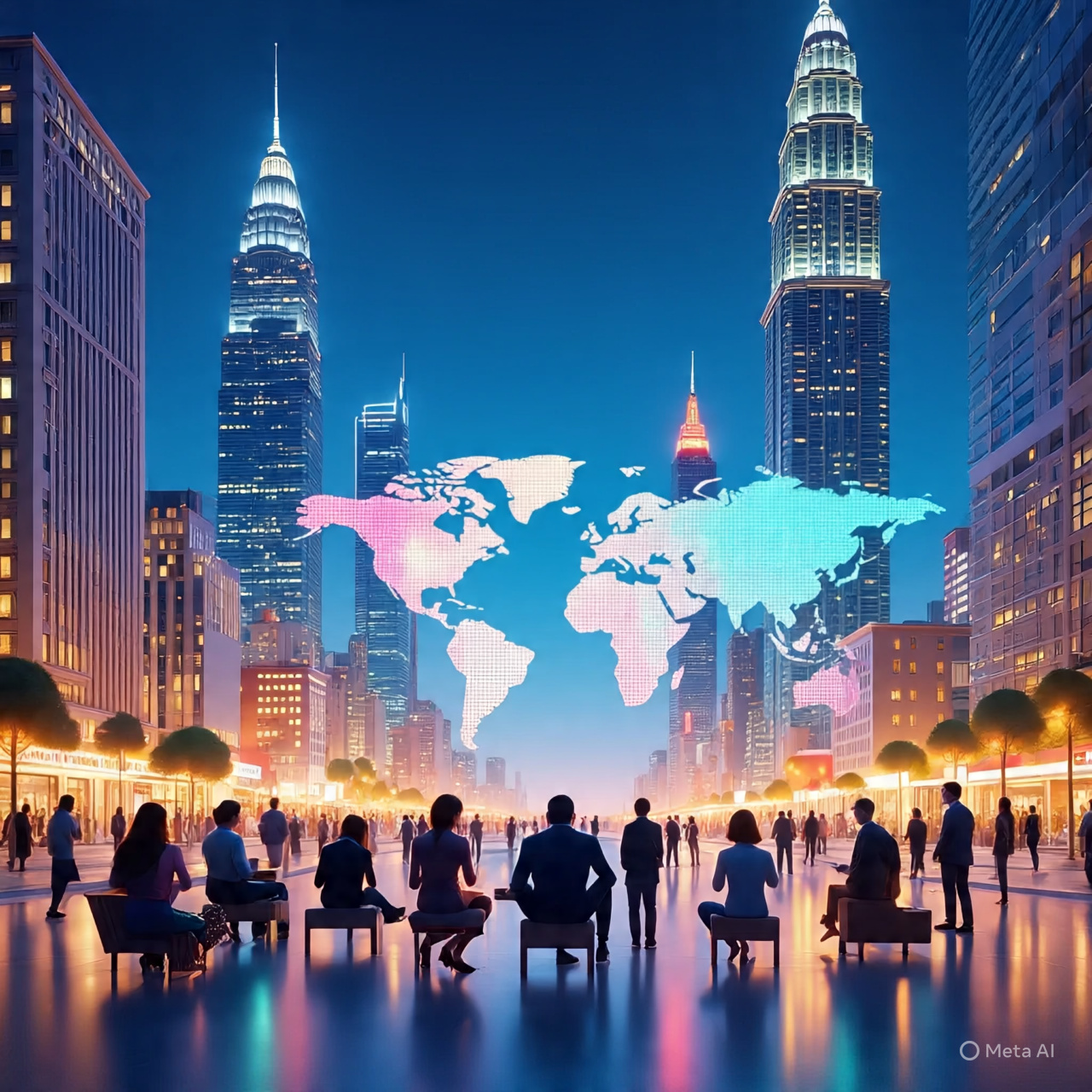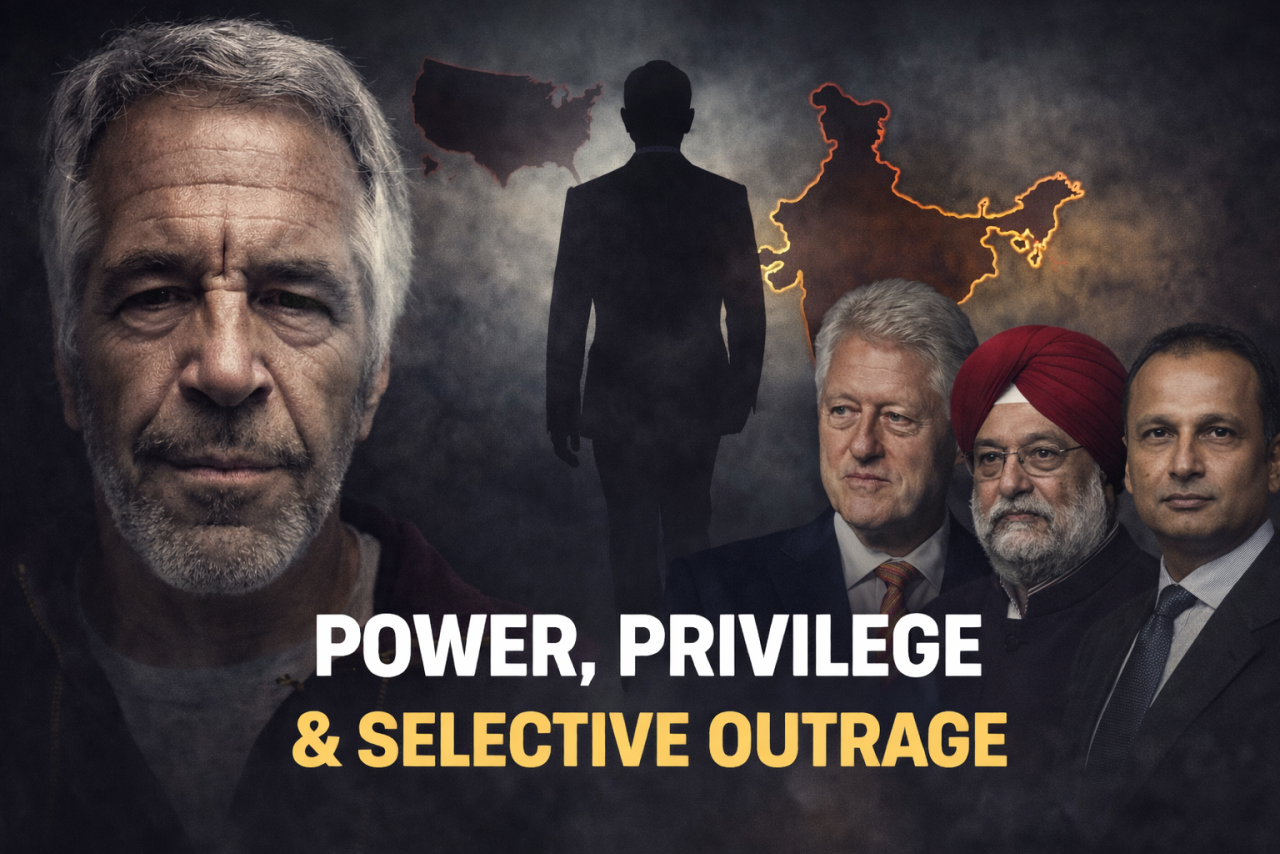
For decades, the United States stood as the primary architect of globalization. It championed free trade, welcomed immigrants, and nurtured technological collaboration across borders. But in Trump’s second term, Washington has begun dismantling the very system it once built. Tariffs, technology restrictions, and immigration crackdowns are no longer isolated policy tools; they are the foundation of a worldview that treats interdependence as weakness. The result is a retreat from global integration and a world reshaped in ways that may leave America less influential than before.
Tariffs as Default Policy
U.S. tariffs, once rare and strategic, have now become permanent instruments. According to the Peterson Institute for International Economics, average applied tariff rates have tripled since 2017, climbing above 6 percent. Entire sectors such as steel, aluminum, and electronics are caught in a web of tariffs that allies find hard to navigate.
The costs ripple widely. The National Association of Manufacturers estimates tariffs are adding $27 billion annually to domestic production costs. Retaliatory measures by Canada, India, and the European Union have pushed companies to divert supply chains away from the U.S. “The uncertainty is corrosive,” a Michigan auto-parts executive explained. “We can’t plan a supply chain when the rules change every six months.”
Technology as a Battleground
America’s export controls are redrawing the global map of innovation. Advanced semiconductors, chipmaking equipment, and AI technologies are now subject to sweeping bans aimed primarily at China. Yet the impact extends globally: Taiwanese giant TSMC has frozen deliveries, and Dutch firm ASML has scaled back contracts under U.S. pressure.
The Semiconductor Industry Association estimates U.S. companies may lose $80 billion over the next decade from lost Chinese markets. “We are no longer looking at one ecosystem,” a Brookings analyst noted. “Washington is deliberately building two and asking allies to choose.”
Immigration and the Vanishing Promise
Immigration policy once embodied America’s openness. Today, it symbolizes exclusion. Deportation flights rose 25 percent in Trump’s second term, asylum cases slowed, and high-skilled visa approvals dropped 18 percent compared with previous administrations. Universities report falling international enrollments, while industries from health care to IT warn of critical worker shortages.
“I sent my son to Canada instead,” said a software engineer from Hyderabad. “The U.S. is too uncertain now.” Such choices divert talent pipelines toward friendlier destinations, eroding one of America’s long-term advantages.
Multilateralism Sidestepped
Trump’s Washington has also weakened multilateral institutions. At the WTO, U.S. blocking of appellate appointments has left the system near-paralyzed. UN agencies face delayed contributions, and new climate pledges have been abandoned. In response, Europe has unveiled its Carbon Border Adjustment Mechanism, and China has deepened Belt and Road commitments, especially in Africa and Latin America.
A Systemic Shift
These are not one-off events. They reveal a deliberate redefinition of American strategy. By weaponizing tariffs, hardening borders, and fragmenting technology networks, Washington is dismantling integration rather than shaping it.
The irony is that this retreat does not halt globalization. It reroutes it. Companies are shifting production to Southeast Asia and Mexico, research hubs are emerging in Europe, and migrants are choosing Canada, Australia, and the Gulf over the U.S. “Globalization isn’t ending,” WTO chief Ngozi Okonjo-Iweala observed. “It’s simply moving in new directions.”
The Cost of Withdrawal
For now, domestic optics may favor this retreat. Workers see protection; politicians see leverage. But America’s long-term influence rests not on isolation but on being indispensable. If current trends persist, Washington risks presiding over a smaller orbit, where rules are made elsewhere and its role is reactive rather than decisive.
America’s retreat from global integration is not merely a change in policy. It is the quiet dismantling of an order that once magnified U.S. power. The question ahead is simple: does America wish to lead a system of shared rules or watch from behind the barriers it has built?
By Gautam Jha
Managing Editor





















